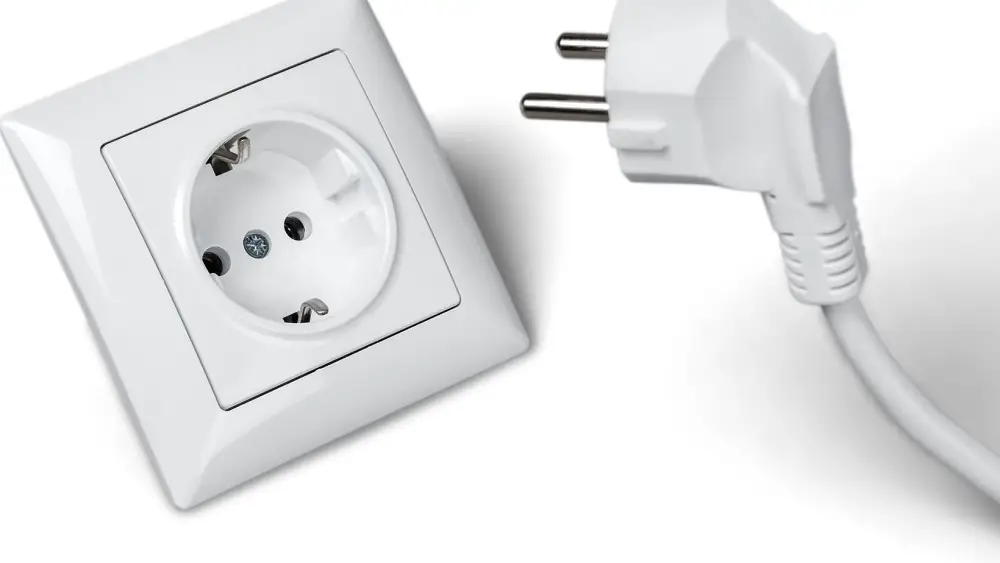Environmental crises have been proclaimed in recent years, and charities and researchers have highlighted the destructive impact of plastic waste on the environment and species.
There has also been a strong focus on the need to recycle.
We live in a consumer-driven culture, and recycling transforms the objects we discard into new ones, ensuring that none of the fuel or raw materials necessary to create them are wasted.
It also reduces pollution of the atmosphere and ground, as well as the production of greenhouse gases, which are caused by depositing waste in landfills.
To help you truly understand the positive impact that recycling can have, we’ve compiled a list of the very best benefits of recycling, and why it’s important to recycle what you can.
It Helps To Reduce Pollution
Pollution of waterways, the atmosphere, and landscape as a result from industrial waste such as pesticides, plastics, and containers has long been a well-known threat.
Recycling these products has made a significant contribution to the planet. Instead of tossing your trash out carelessly, think about whether it may be reused.
By simply choosing to put your trash in a recycling can instead of the regular trash can, you can literally prevent the landfill problem from escalating.
Do your bit and recycle what you can. If you’re unsure about the recycling rules and procedures in your specific area, contact your local recycling facility for more information.
As the population rises, landfills will struggle to accommodate all of the garbage.
Whenever this occurs, our towns and lovely environments will be subjected to pollutants, toxins, and a slew of other health issues.
Recycling has the advantage of helping to keep pollution under control and to gradually reduce it.
It Can Protect And Preserve Resources
American landfills are getting increasingly populated with junk vehicles, old bottles, mail, and worn old tyres.
All of these may appear to be infinite, yet the resources required to create them are rapidly depleting.
Recycling permits all of these trash materials to be reused time after time, avoiding the need for fresh materials.
Natural resources such as freshwater, metals, coal, oil, gasoline, and wood are conserved.
Another advantage of recycling would be that it enables more focus to be placed on developing technology that makes use of what currently exists.
This is why a variety of sectors support initiatives that allow them to obtain significant amounts of recyclable material to recycle into new products.
It Can Create More Jobs
Although it may appear that recycling is a one-person show, it is actually a multibillion-dollar enterprise.
After you’ve completed the basic sifting and deposited your trash for recycling, it must be separated and transported to the appropriate locations.
Millions of people, many of whom are new to the industry, are responsible for this.
One of the most significant advantages of recycling is that it produces more jobs for local people and ensures that the whole project is on track.
Recycling helps produce multiple employment opportunities, whereas tossing garbage away only provides six to seven jobs at most.
It Can Be Financially Beneficial
The economy is an unpredictable place where the advantages of recycling can be shown.
A robust economy is one which is naturally functional. It is hampered by the need to compensate for resources that are becoming increasingly scarce in the region.
When the economy will not have to pay for further trees to be planted, iron ore to be mined, or coal and oil to be traded internationally, each piece of recycling matters. When the number of people employed rises, the economy grows.
As the price of keeping the existing waste management plan decreases, the money saved is directed to areas where it is most necessary.
It’s not just about feeling compassionate and doing what’s right for the planet when it comes to recycling. If it were the case, everyone would recycle through a sense of civic duty.
Most countries have systems in place that reward persons who recycle with monetary incentives. People who take aluminium cans or glass containers to a recycling facility are rewarded with money.
In fact, many students can use recycling as a means to supplement their income. You may sell old papers, electronics, plastic, tires, metal, copper, and even wine cartons for cash.
It Can Reduce Greenhouse Gas Emissions

When you recycle things, you conserve energy, which means you emit fewer greenhouse gases. Greenhouse gases are mostly to blame for rising global temperatures.
It aids in the reduction of environmental pollution by reducing the amount of contaminants discharged into the atmosphere.
A 30 percent recycling rate is about the same as removing 30 million cars off the road.
It Can Bring People Together
Recycling is, at the end of the day, an action that can unite a society together.
Many basic programmes that strengthen a community can be based upon several advantages of recycling, whether it is cleaning the streets from the roadways or gathering waste items to earn money for education and colleges.
Several people have discovered that their combined efforts in efficient garbage disposal has rendered their cities greener and more pleasant places to live.
Others have found allies and supporters in their quest to make the world a better place.
It is, in fact, among the most effective strategies to show youngsters ownership and responsibility.
It Promotes Biodiversity
The more raw materials you recycle, the less raw material you’ll require.
Recycling has the advantage of conserving resources and preventing biodiversity loss, habitats, and jungles.
Mining companies will be curtailed, which is deemed hazardous to miners.
Land degradation and water contamination will be decreased, allowing indigenous flora and fauna to thrive in their natural habitats.
If the bulk of citizens take recycling seriously, deforestation, which is on the rise lately, will be greatly reduced.
It Can Save Energy
You may save up to 95 percent of the energy necessary to make aluminium cans from natural resources by recycling them.
The energy stored from recycling one wine bottle would be enough to power a bulb for 4 hours.
This graphic clearly demonstrates how much power can be saved by recycling on a grander level.
This reduces your dependence on foreign oil, which will enable you to save money over the long term.

